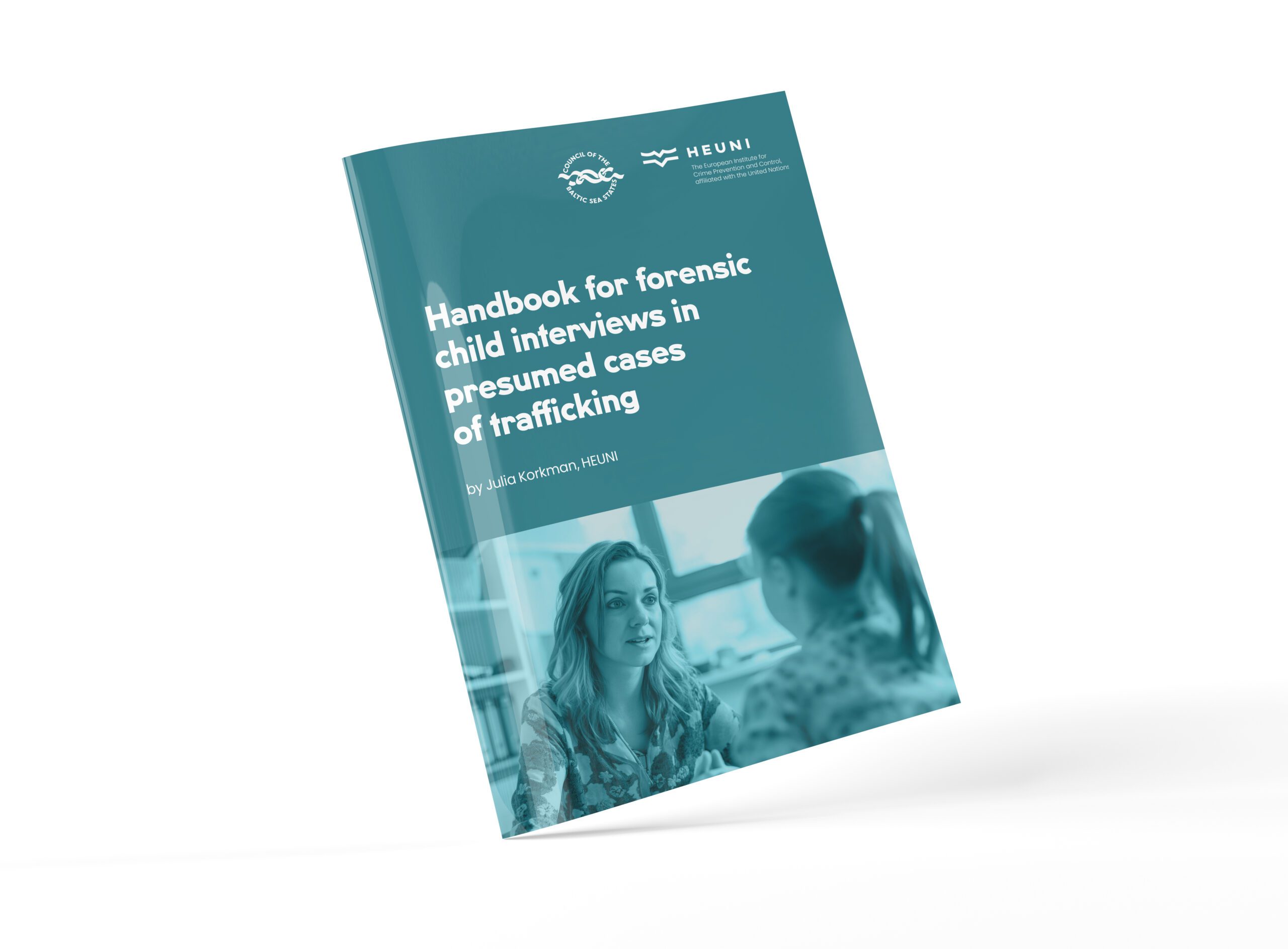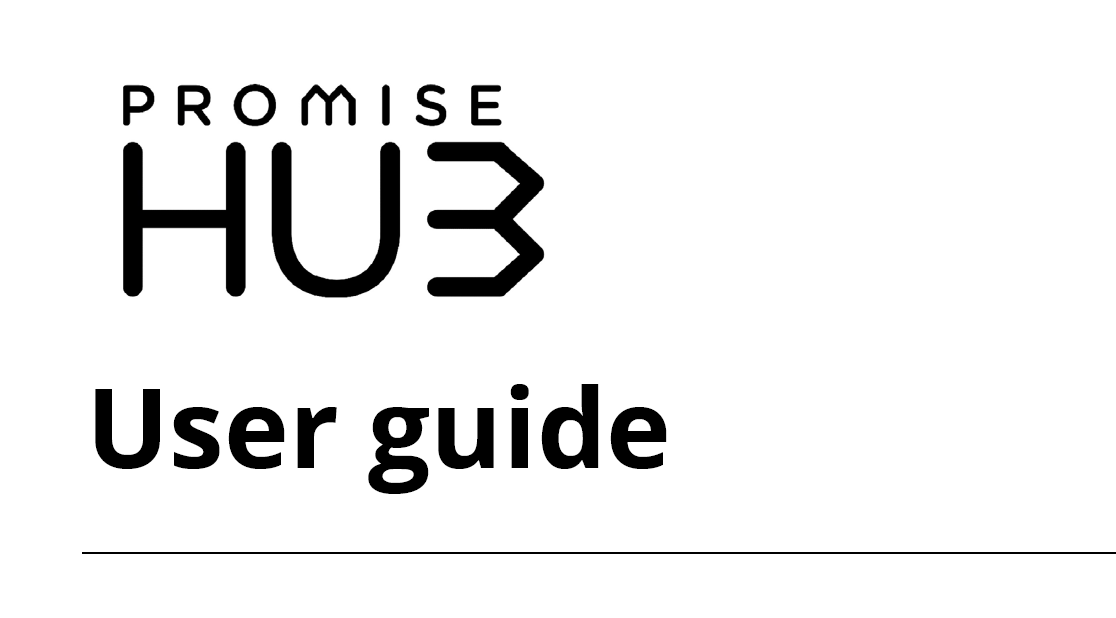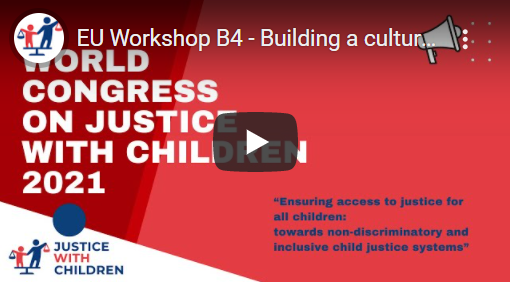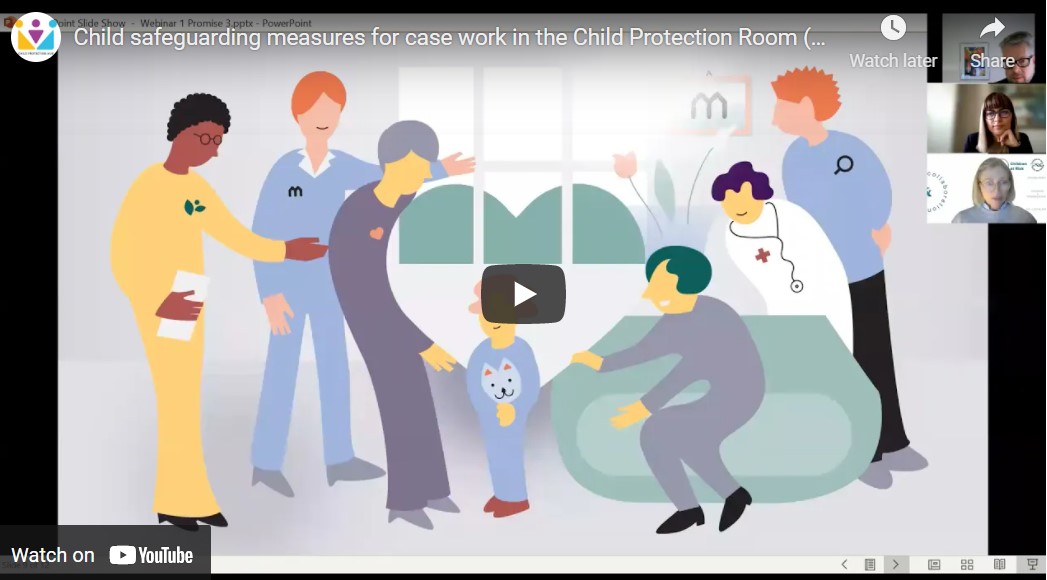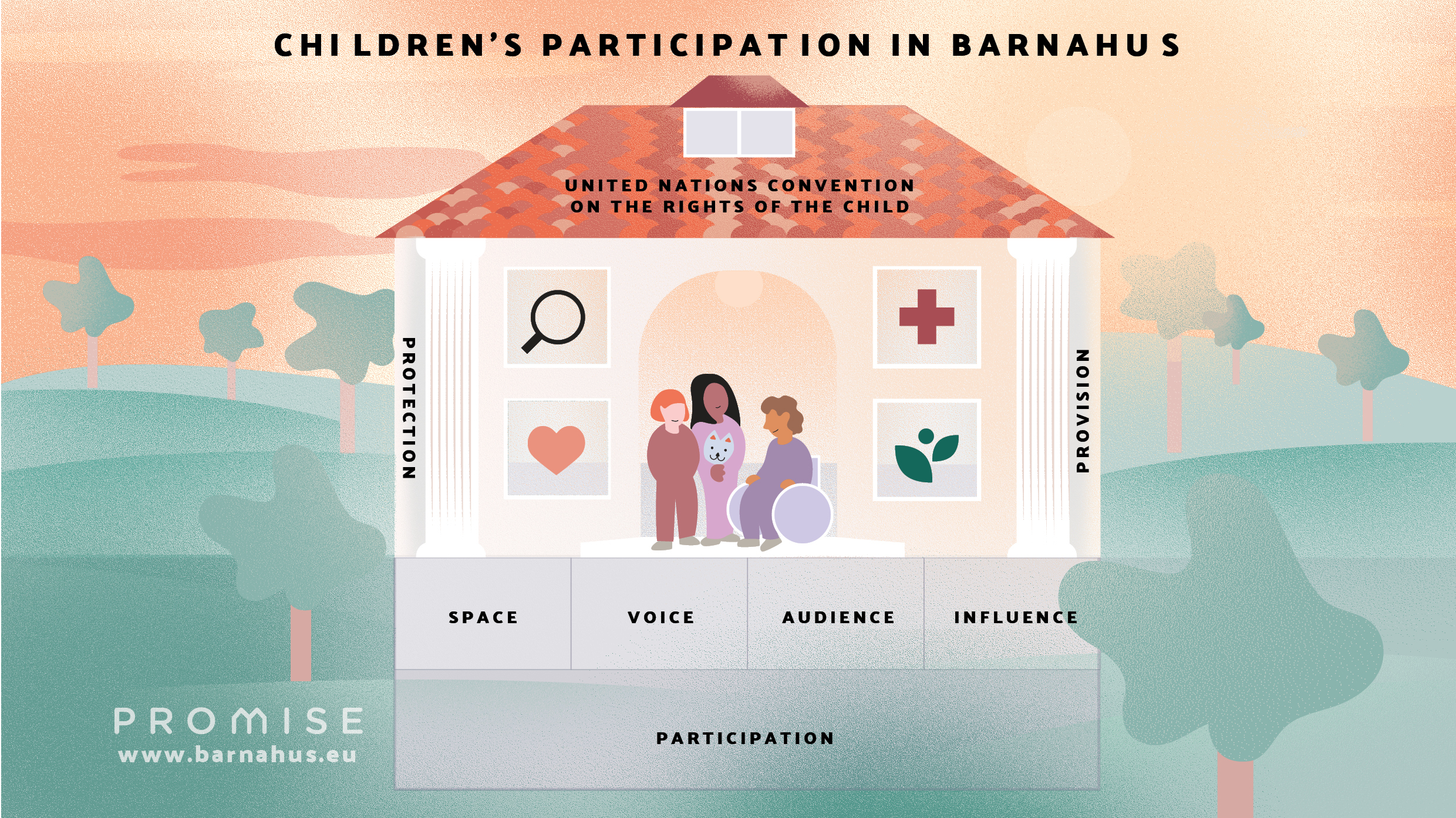The European Barnahus Movement – showcasing 4 years of network and partner progress
The webinar showcased notable achievements within the European Barnahus Movement up to that point, featuring the unique experiences, approaches, and solutions developed by PROMISE 2 partners. The webinar also displayed the PROMISE tools and future plans that were supporting the ongoing harmonisation and consolidation of good Barnahus practice across Europe.
Summary
Alexander Ruf, World Childhood Foundation Germany, spoke about the implementation of the Barnahus Model in Germany. The primary challenges include Germany’s federalist structure, which leads to considerable variation in political and infrastructural contexts across different states, and strict data protection laws that limit information sharing among stakeholders. The foundation’s strategies involve collaboration with local partners, predominantly from the medical field, for better understanding and adaptation to each locale’s unique circumstances. They also focus on political advocacy, funding support for coordinating projects and stakeholder education, and promoting national and international networking.
Significantly, the foundation prioritizes incorporating children and young people’s experiences and perspectives into their initiatives, planning research to enhance their understanding of these demographics’ safety and security needs.
Laura Celmale from the Center Daradeze Latvia, presented the centres strategies for dealing with ‘Grey Cases’ in child abuse. These cases involve suspicions of abuse, but no direct disclosure from the child. With the support of the Promise Barnahus Network, Latvia’s Barnahus has taken a distinctive approach. If a child discloses abuse during an interview, grey cases are immediately reported to the police. However, if the child does not disclose any information, a comprehensive psychological assessment follows. Between April and October in 2019, Latvia’s Barnahus dealt with 32 such ‘Grey Cases’ of sexual abuse. Moving forward, Celmale stressed the need for continuous exploratory interviews in the center and the development of resources for professionals working with children exhibiting harmful sexual behavior.
Tania Masia, the Coordinator of Children House, presented Barnahus in Cyprus. She discussed the legislative framework in Cyprus and how it presents difficulties in ensuring the best interest of the child during cross-examinations. Additionally, she emphasized the potential of using Children Houses for the examination and cross-examination of children.
The PROMISE Webinar Series is co-organised with Terre des Hommes, a partner of this project, as part of the ChildHub’s child protection webinar series.



